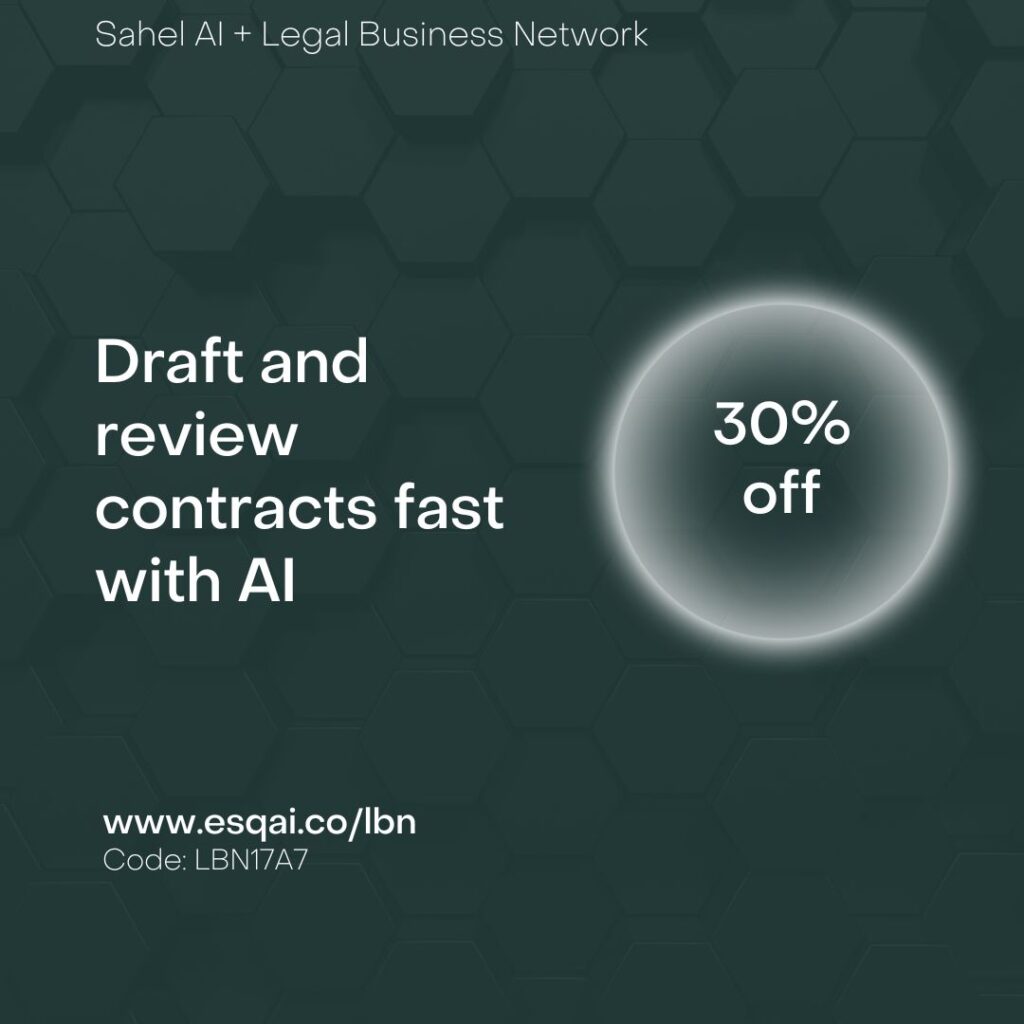Mondaq uses cookies on this website. By using our website you agree to our use of cookies as set out in our Privacy Policy.
Commercial litigation is a means of resolving a commercial dispute in Nigeria through instituting an action in court with its origin rooted in English Common Law. A commercial dispute can arise between Nigerian parties to a transaction or between international parties where there is the existence of a connecting Nigerian factor which could be as a result of the location of the contract, place of performance, or domicile of parties to the transaction.
Commercial litigations in Nigeria are commenced in the State High Courts or the Federal High Court of the Federal Capital Territory (FCT) through Writ of Summons or an Originating Summons depending on the nature of the suit. These courts have the unlimited general jurisdiction to hear and determine any commercial litigation instituted before it regardless of the value, other than those commercial disputes that are within the exclusive jurisdiction of the Federal High Court such as disputes relating to securities, admiralty, intellectual properties, operation of companies among others as stipulated in Section 249 of the Constitution.
Commercial litigation in Nigeria is regulated and governed by various sources of laws such as;
The jurisdiction of a court is the power of the court to decide a commercial dispute between parties. Every court in Nigeria is established by laws and it usually the law establishing the court that also defines the jurisdiction of such a court. In the case of Madukolu & Ors Vs. Nkemdili 1962 2 SCNLR, 341, the Supreme court laid down the conditions that determine the jurisdiction of a court as follows:
In any cause of action, after determining the nature of the commercial claim, the jurisdiction of the court, and proper advice on any of the Alternative Dispute Resolution mechanism and the next matter should be the likely parties to the litigation. The appropriate parties to the commercial litigation are important because a court can only resolve a dispute if the right parties are before it. Once the relevance of parties is not determined, it goes to the root of the matter. For the commercial litigation to be competent before the Nigerian courts, both parties must be legal persons (either natural or juristic). If the competence of any of the parties is challenged, the onus lies before the party to establish his competence, as lack of competence on the part of either party to the action will lead to the action being struck out by the court.
Before commencing commercial litigation for a claim in court, there are certain factors to be considered by the parties. Some of them will be mentioned below.
Although litigation is the most common form of resolving commercial disputes in Nigeria, it could be an unwieldy process because of factors such as delay in adjudication, overflow of cases before the court, or delay caused by an unwilling party to the suit. As a result of this, it is advisable and encouraged to resolve commercial disputes through any of the alternative dispute resolution mechanisms. The following are the methods of alternative dispute resolution in Nigeria:
However, it is noteworthy to state that unlike litigation, which involves a summon of court, alternative dispute resolution option is voluntary unless parties have had a prior agreement to have recourse to it.
Finally, before commencing commercial litigation in Nigeria, one must consider the subject matter of the claim, the location of parties, the place where the dispute occurred, or where the course of action arose, among others. All these factors will determine the appropriate court to institute the action and the procedure to follow.
The content of this article is intended to provide a general guide to the subject matter. Specialist advice should be sought about your specific circumstances.
© Mondaq® Ltd 1994 – 2022. All Rights Reserved.
Forgot your password?
Free, unlimited access to more than half a million articles (one-article limit removed) from the diverse perspectives of 5,000 leading law, accountancy and advisory firms
Articles tailored to your interests and optional alerts about important changes
Receive priority invitations to relevant webinars and events
You’ll only need to do it once, and readership information is just for authors and is never sold to third parties.
We need this to enable us to match you with other users from the same organisation. It is also part of the information that we share to our content providers (“Contributors”) who contribute Content for free for your use.

